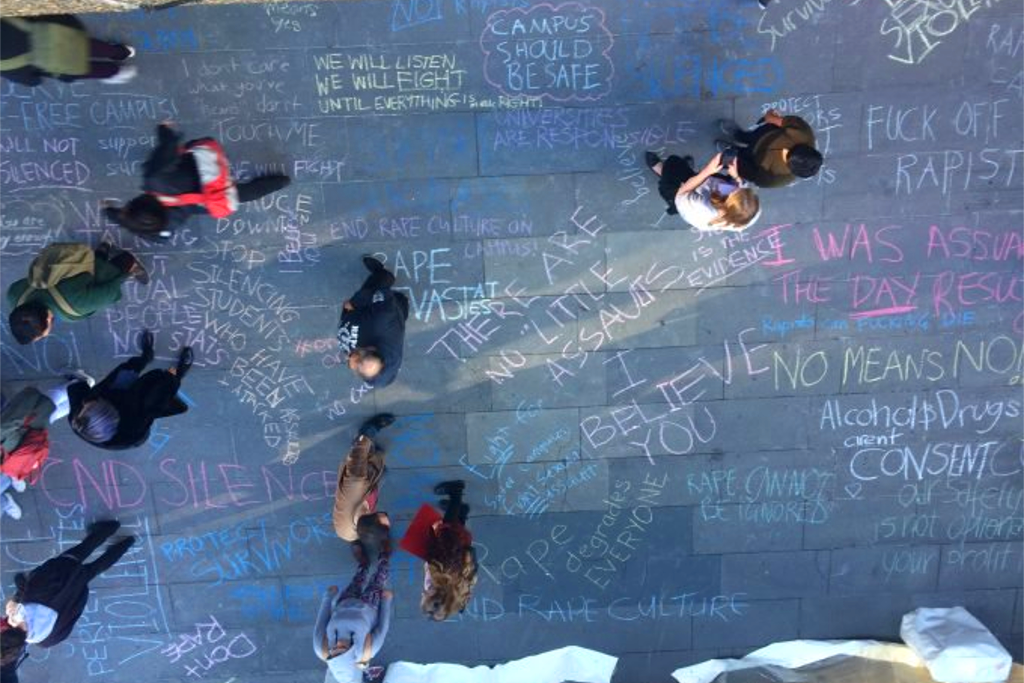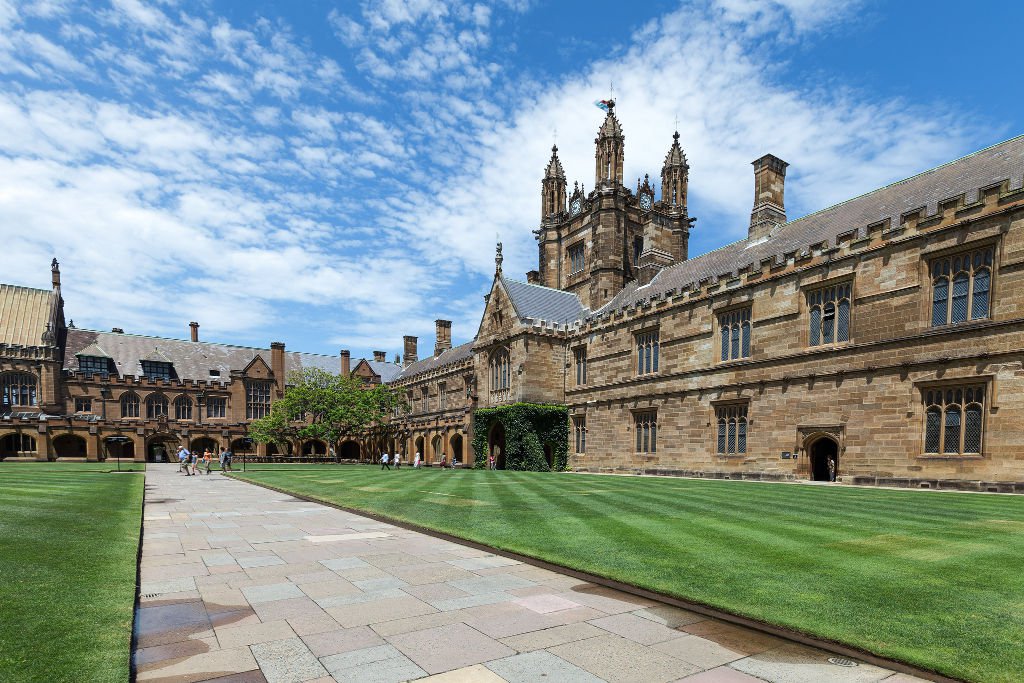Turns Out There Were Big Problems With Sydney Uni’s Landmark Sexual Assault Report
FOI documents reveal the Broderick review was severely flawed.

Remember the Broderick Review? That big report released earlier this year that revealed one in four women at Sydney University’s residential colleges have experienced sexual harassment? It turns out the figures may have been severely underreported.
A coalition of activists and sexual assault survivors has used freedom of information law to obtain documents that appear to reveal a number of serious methodological concerns in the review.
It turns out the review only completed less than a third of the 120 one-on-one interviews it originally proposed to deliver. Instead, the review relied primarily on group interviews to collect data, and failed to interview survivors of sexual assault.
What’s more, the original proposal for the review said it would “provide the Australian community with strong evidence that whilst on occasion individual incidents may occur, the maintenance of an inclusive, safe, supportive and respectful culture is core to the College’s existence”.
Critics say that proposal indicates the report was “more of a PR exercise” than an attempt to address a serious, institutional problem with the university’s colleges.
End Rape on Campus Australia, the National Union of Students Women’s Department, Fair Agenda, The Hunting Ground Australia Project, The University of Sydney SRC and The University of Sydney Women’s Collective released a joint statement today slamming these revelations, saying the report likely contributed to an severe understating of the problem of sexual assault at college.
“The report is incredibly sanitised and fails to capture the entrenched culture of sexual violence at the colleges. It reads as more of a PR exercise to protect the colleges’ reputations than a robust and critical inquiry,” End Rape on Campus Ambassador Anna Hush said.
“It’s telling that the decades of media reports and stories of survivors that triggered the review are completely absent.”
Former USyd women’s officer Katie Thorburn, who previously attended St. John’s College, took particular issue with the revelation that the review had failed to complete the proposed number of individual interviews.
We believed, perhaps naïvely, that a review that was initiated because of countless incidents of sexism & sexual violence at the #USyd colleges would focus on sexism & sexual violence. We were wrong. https://t.co/SK3pNIhG8i
— End Rape on Campus Australia (@EROCAustralia) December 21, 2017
“If students are interviewed in a group setting, they are not going to rat out the college,” she said. “There is no way anyone would say something bad in front of others. There is no way I would have said a bad word, because then everyone would know I said it. They are really scary places to speak out against.”
Sexual assault advocate Nina Funnell, who provided the FOI documents to Junkee, said she was now deeply concerned about what the report may have left out. End Rape On Campus noted that the discovery of the contents of the initial proposal raised important questions — namely, “whether this review was about managing reputational issues or genuinely seeking to address the decades-long culture enabling sexual violence at these colleges.”
A spokesperson for Elizabeth Broderick told Junkee they refuted suggestions that the review may have underreported sexual assault and harassment at university colleges, saying the low number of individual interviews was simply a result of student preference.
“Though the Broderick project had no power to compel students to speak to it, the team made every effort to encourage students to participate in whichever manner they felt comfortable,” they said. “Students were provided with a range of options to engage with the project, including joining discussion groups, talking to a team member individually or providing a written submission via a confidential email address. It was up to the individual student as to which method they chose.”
Regarding the 2016 proposal’s apparent claim to find “strong evidence” of a broadly positive college culture, Broderick’s spokesperson told Junkee that the sentence we quoted does not actually make a claim about findings, but simply “refers to the fact that the Review was tasked with assembling, through its research, a strong evidence base against which to assess College culture”. You can decide for yourself on that one.
The University of Sydney have also released a statement defending the review. You can read our previous coverage of the report’s findings here.
